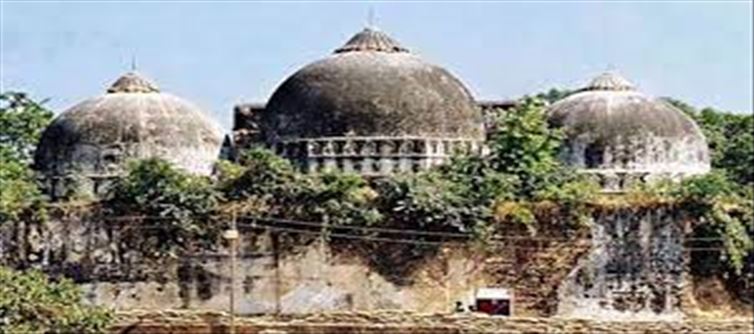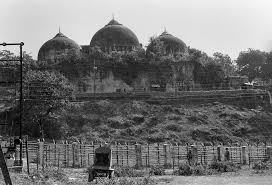
Why wasn't this law applied in babri masjid and Ramjanmabhoomi?

Everyone wonders why the Places of Worship Act of 1991 was not applied in the ram Janmabhoomi-Babri Masjid issue. This question keeps coming up. Actually, Section 5 of this law—which excluded the ayodhya dispute—is the reason for this. It now begs the question of why this was kept apart from the ayodhya controversy. This is because, prior to India's independence, the ayodhya dispute issue had been pending in court since 1947. In such a scenario, only cases that have been brought before the court since 1947 or later are covered by this 1991 law.
Let us tell you that the Places of Worship Act of 1991 exempted the structure of the disputed mosque in ayodhya because it was already the subject of judicial investigation. The Babri building was destroyed the very next year. Nonetheless, the ayodhya controversy also played a role in the legislation's creation. Furthermore, this rule does not impose any maintenance restrictions on sites of worship that are overseen by the Archaeological survey of India.
Places of Worship and the Gyanvapi mosque Act of 1991
The question now becomes why, with the enactment of the Places of Worship Act in 1991, the Gyanvapi Masjid matter remained unresolved. Actually, issues around Gyanvapi Masjid date back to before 1991. A court survey of the mosque was requested following the passage of the Places of Worship Act in 1991. A few days later, the management of Gyanvapi Masjid ordered that the petition be withdrawn, invoking the Places of Worship Act of 1991. Following this, in 1993, the allahabad High court decided to uphold the status quo and issued a stay of the proceedings.
Following that, the case was brought before the varanasi Civil court in 2017. In the meantime, the supreme court decided in another instance that no stay order can last more than six months. The supreme court declared during this time that the stay order must be renewed after six months. Concerns were voiced concerning the legitimacy of the mosque's stay order in light of this ruling in the Gyanvapi case. In 2019, same petition made a second appearance before the Civil court, this time with a demand for a survey of the mosque. Let us inform you that in october 2020, the bjp filed a challenge to the Places of Worship Act 1991.




 click and follow Indiaherald WhatsApp channel
click and follow Indiaherald WhatsApp channel